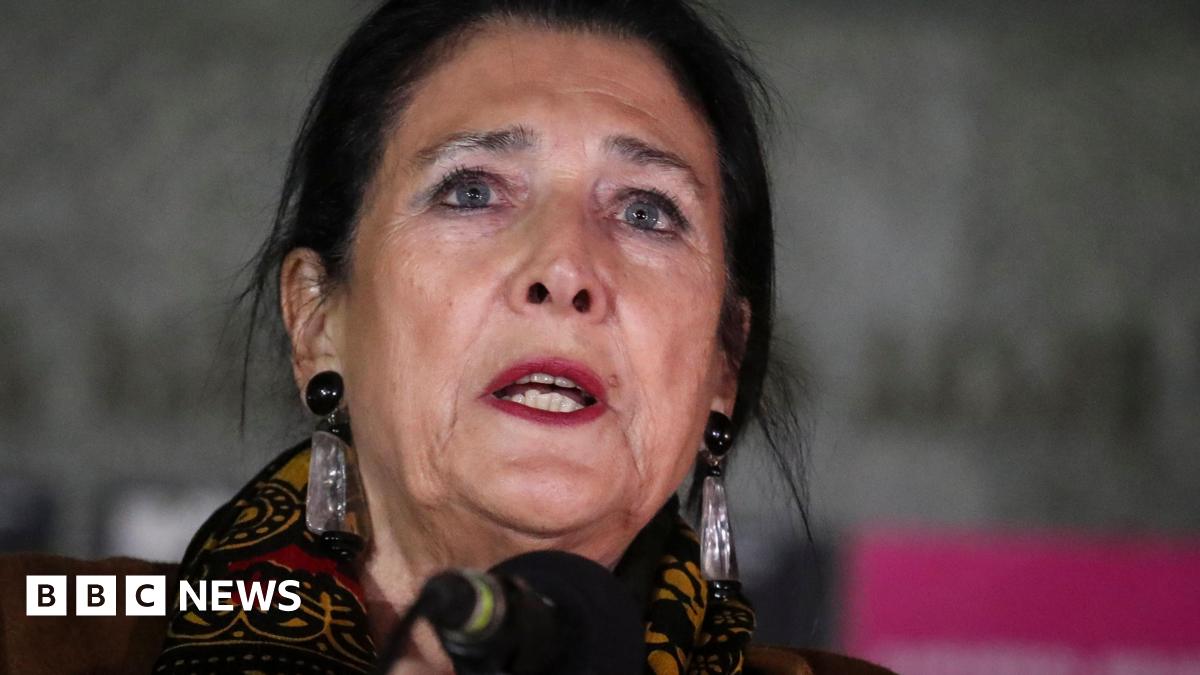Salome Zourabichvili was born in France in 1952 into a prominent family of Georgian émigrés. Her grandfather, a minister in the government of briefly independent Georgia, fled to France in 1921.
Georgia, then under Soviet rule, loomed large in her childhood. It was a “mythical place, which only existed in books,” she said in a 2004 interview.
Though raised in a culturally Georgian environment, speaking the language at home and attending Georgian Orthodox church services, she easily integrated into French culture. She attended France’s elite schools, including Sciences Po, traditionally a feeder for the country’s top public servants.
She excelled, serving as a French diplomat for nearly 30 years. But throughout, her true passion remained in extricating her parents’ mysterious country of origin from Russia’s influence and bringing it closer to the West.
“She sees it as her life’s mission to bring Georgia into Europe. Everything else for her has always been secondary,” said Alexandre Crevaux-Asatiani, a former Zourabichvili aide.
In 2003, she was appointed French ambassador to Georgia. A year later, she was granted Georgian citizenship and made foreign minister under President Mikheil Saakashvili. Dismissed in 2005, she took an increasingly prominent role in her adopted country’s politics, founding a new party.
Saakashvili’s rule ended in 2012 and Georgian Dream have been in power ever since. The party’s founder, billionaire Bidzina Ivanishvili, is widely seen by Georgians as the most powerful man in their country. By a quirk of fate, he is also French, having taken citizenship in 2010.
Backed for the presidency by Ivanishvili’s party, Zourabichvili was initially unpopular among the country’s pro-Western youth. A popular TV show mocked her halting Georgian, spoken with a strong French accent.

